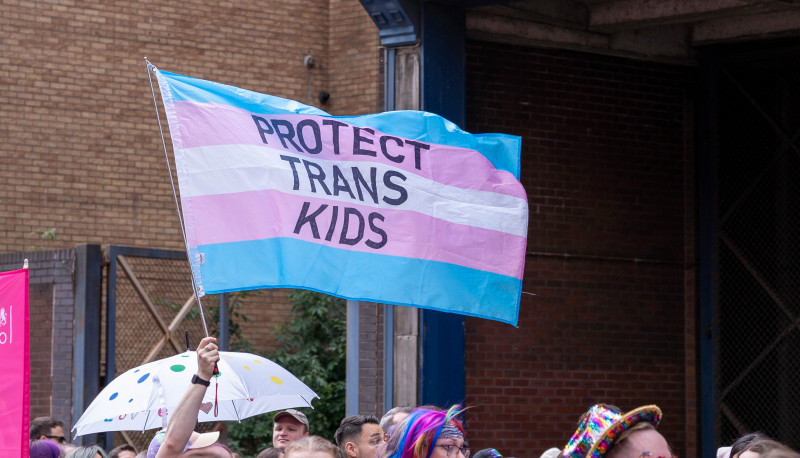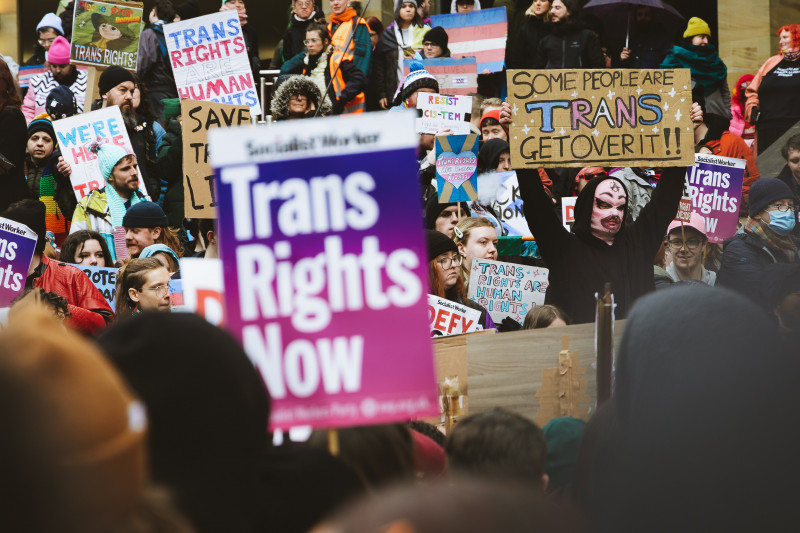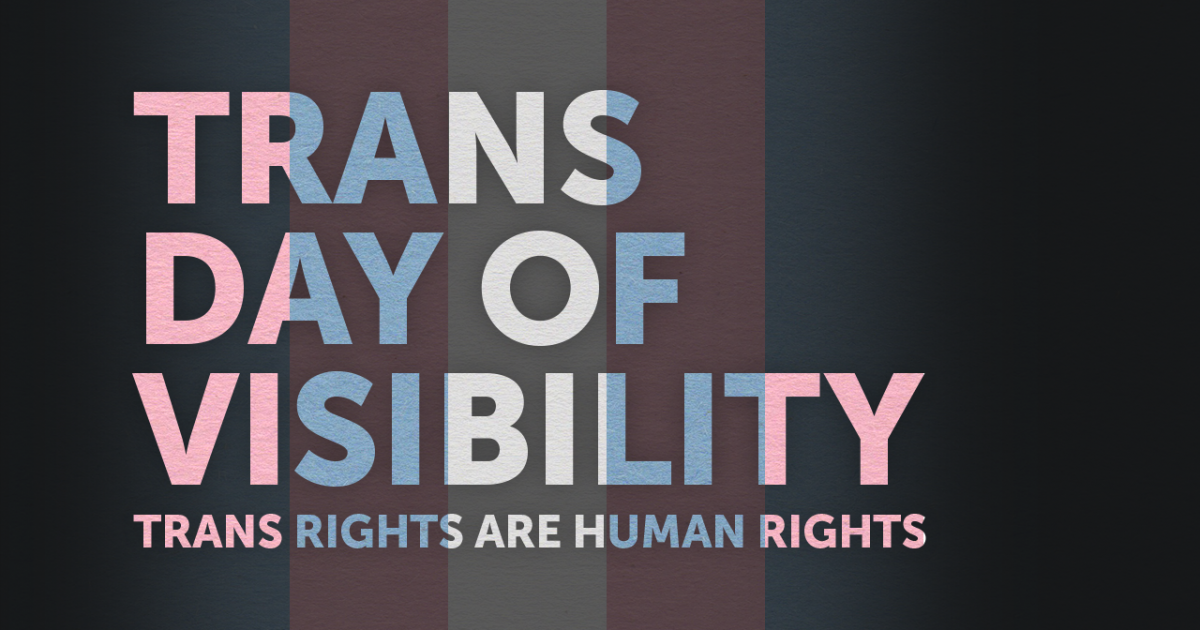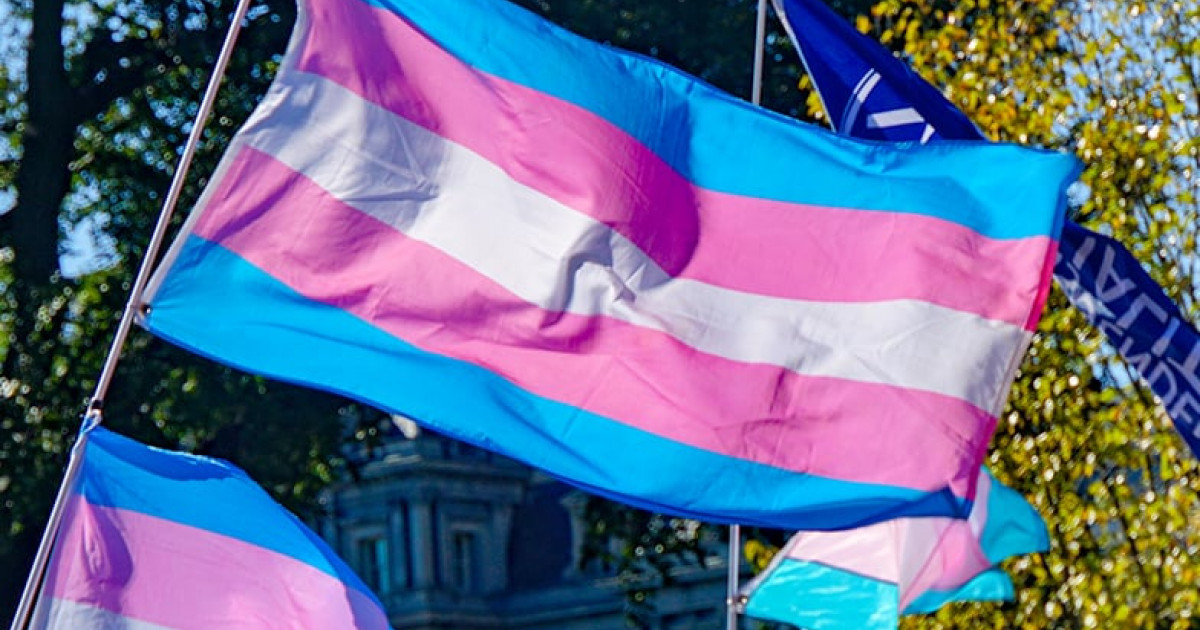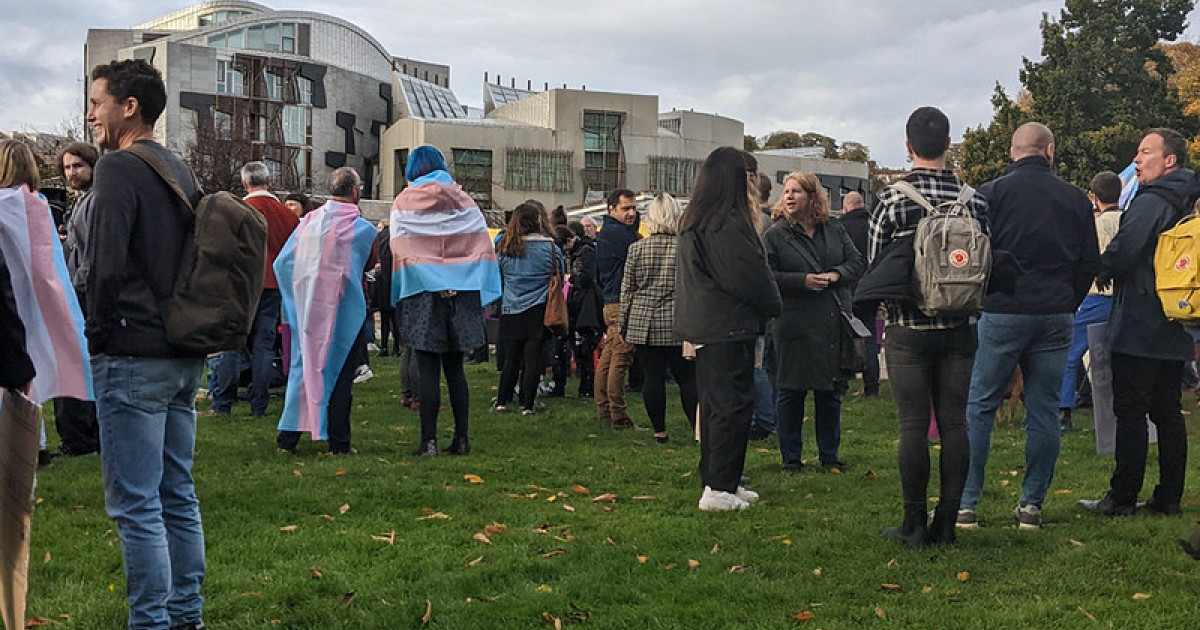Why we mark Trans Day of Remembrance
Trans Day of Remembrance is a day to remember the many people around the world who weren't allowed to live the lives that they deserved. It is a day to pay our respects for those lives, but also to hope for the better future that they would want for all of us
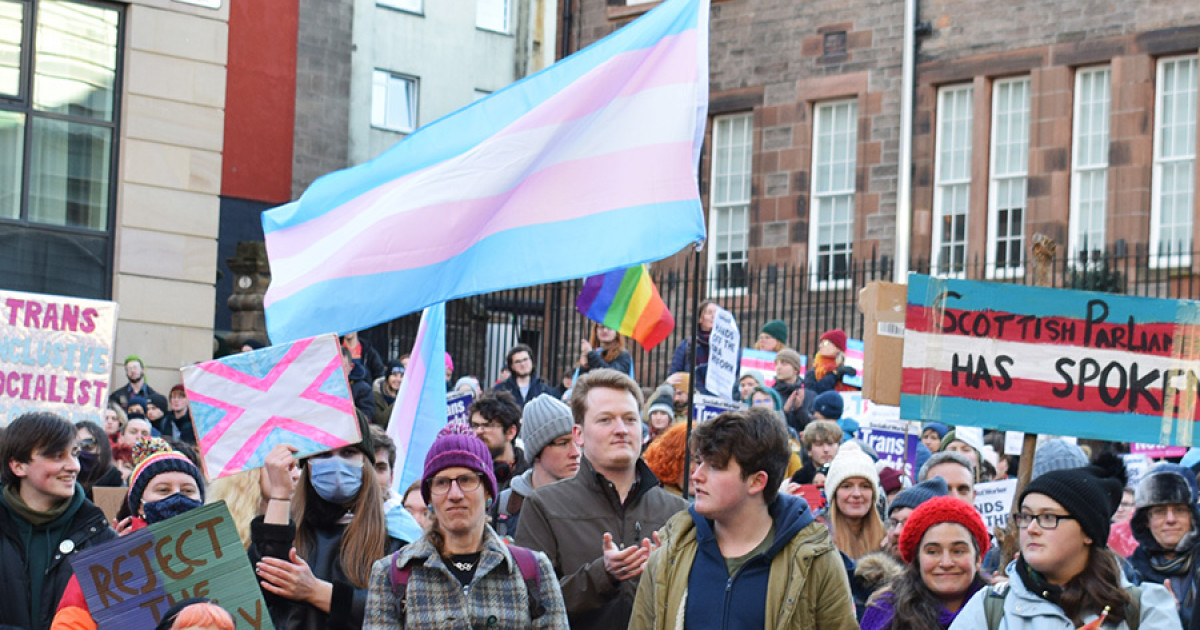
Every day, when I go out into the world as a trans person, I know that I am carrying a part of them with me. I am learning from their lives and their example and striving for the kind of society that they could have lived happily and safely in.
It’s no secret that it’s a really difficult time to be a trans person in the UK. Things have become tougher recently, with rising hate crimes and open hostility. Behind every one of these crimes is a real person who has been attacked just for being who we are.
A lot of this suffering is the consequence of the culture war, and an institutional hostility that is purposefully being whipped-up.
Transphobia in Britain has passed the ‘dinner table test’. Senior politicians and large parts of our media have normalised it. It’s not uncommon to hear the worst dog whistles being repeated on television by supposedly respectable people.
But it’s not just the overt prejudice that we are up against. Trans people have also felt the sharp end of austerity. Trans people are more likely to be unemployed or underemployed and to be experiencing the living death of poverty.
Far too many trans people are waiting far too long to access gender-affirming care, medical services that can be life saving. At the Sandyford clinic in Glasgow the waiting time for a first appointment is often measured in years rather than months.
Sophie Williams was a brilliant activist and artist. She was my friend. I used to live down the road from her in Belfast. I remember bumping into her on the bus when I was heading to work. She told me she was moving to London and i was really happy for her. That was the last time I saw her.
When she died of suicide in 2021, she had been waiting for five years for her first appointment at a gender identity clinic. She didn't just die. She was murdered by an institution that was meant to help her.
We Exist, an organisation that Sophie co-founded to support trans communities to access healthcare and cover living costs, said “Sophie’s death was not an isolated incident, but is a recurring tragedy for transgender people throughout the UK. Far too many trans lives have been lost by institutional neglect and denial.”
For all of the problems we have in Scotland, I know that it’s a country that wants to welcome trans people. It was part of my decision to move here.
The Scottish Government has an important role to play not just in terms of improving the lives of trans people here in Scotland but also to offer hope and inspiration for trans people around the world who are facing the same kind of institutional prejudice and bigotry.
There are trans people around the world who watched the Gender Recognition Reform (GRR) debates when they took place in Scotland last year. They cheered with us when two thirds of our Parliament voted for the small but vital reform, and they shared our pain when Westminster chose to block it.
I hope in the months ahead they will take inspiration again when GRR is finally introduced and when we finally end the suffering and violence of conversion practices.
Being trans shouldn’t have to be a struggle. Together we can build a future where everyone is free to be themselves. Trans Day of Remembrance is an important part of our journey to that better future.
A list of Trans Day of Remembrance vigils in Scotland and across the UK is available here.
Jen Bell is the Co-convenor of Rainbow Greens. You can follow the Rainbow Greens at @rainbowgreens.

